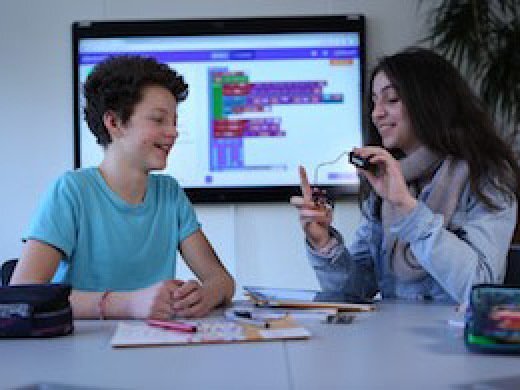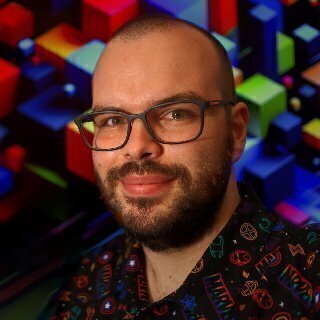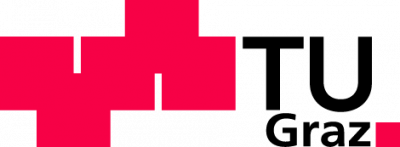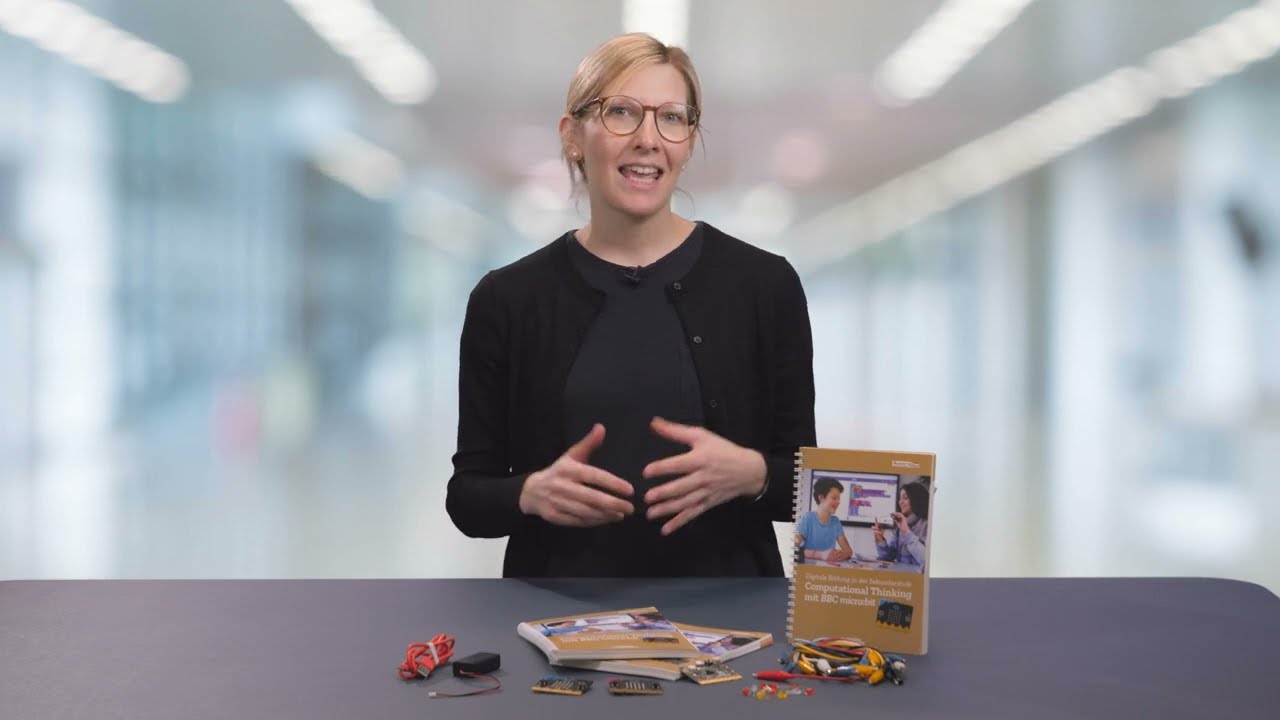


Computational Thinking mit BBC micro:bit - der MOOC zum freien Schulbuch
Graz University of Technology
Benedikt Brünner
Sobre
Trailer para Computational Thinking mit BBC micro:bit - der MOOC zum freien Schulbuch
Informações gerais do curso
The textbook "Digital Literacy in Secondary Education 1: Computational Thinking with BBC micro:bit" was created in 2018 by a group of experts from seven different universities of teacher education and Graz University of Technology.
The MOOC was offered for the first time in 2019, with the goal of introducing the BBC micro:bit and its use in the classroom or more precisely in the subject "Digital Literacy".
In recent years, the BBC micro:bit and the associated development environments have evolved and new learning materials have been developed.
This led the authors to update the schoolbook as well as the online content and videos and to add new examples to the schoolbook.
Consequently, the content of the MOOC has also been revised so that the participants of the course can be supported in the best possible way.
Conteúdo
Conteúdo do curso
Starting in the upcoming school year (2022/23), digital literacy will become a mandatory subject in secondary education 1. The current curriculum states eight competency fields, including Computational Thinking.
To put it simply, CT describes the ability to look at a problem and formulate the solution steps in a way that an information-processing system can solve it. Students will learn and practice this skill with the help of the schoolbook and the BBC micro:bit.
The course offers an introduction to programming with the BBC micro:bit and presents examples of the schoolbook.
Objetivos do curso
The course participants are in a position to
- use the textbook "Computational Thinking with BBC micro:bit - Digital Literacy in Secondary Education 1" in class.
- explain the terms programming, programming language, algorithm and development environment.
- write their own programs for the BBC micro:bit with a block-based programming language.
- adapt the examples from the schoolbook for their subjects.
- understand and explain basic programming concepts (e.g. conditions, loops, variables).
Conhecimento prévio
Basics of pedagogy and didactics are assumed.
Programming knowledge is not required, as the course introduces this topic.
We recommend organizing a BBC micro:bit, but you can also use the simulator provided by the development environment.
Procedimento do curso
The course consists of 5 lessons. The individual lessons include:
- introductory videos and additional materials as input
- exercises and tasks for practical application and consolidation
- self-assessment-questions concerning the acquired knowledge and understanding
Certificado
For actively participating in the course you will receive an automatic certificate which includes your username, the course name as well as the completed lessons. We want to point out that this certificate merely confirms that the user answered at least 75% of the self-assessment questions correctly.Licença
This work is licensed under CC BY 4.0Instrutor do curso

Benedikt Brünner
Benedikt Brünner, MEd BEd works at the Institute of Interactive Systems and Data Science at the Graz University of Technology and writes his dissertation in the research project Future of Digital Education and Learning.
-
The MOOC was originally created by Maria Grandl and Katharina Hohla and was first offered on iMooX in 2019.
Iniciar sessão e inscrever-se Atualmente: 646 Participantes
Gratuito para todos € 0.00
Parceiros

Graz University of Technology
Graz
